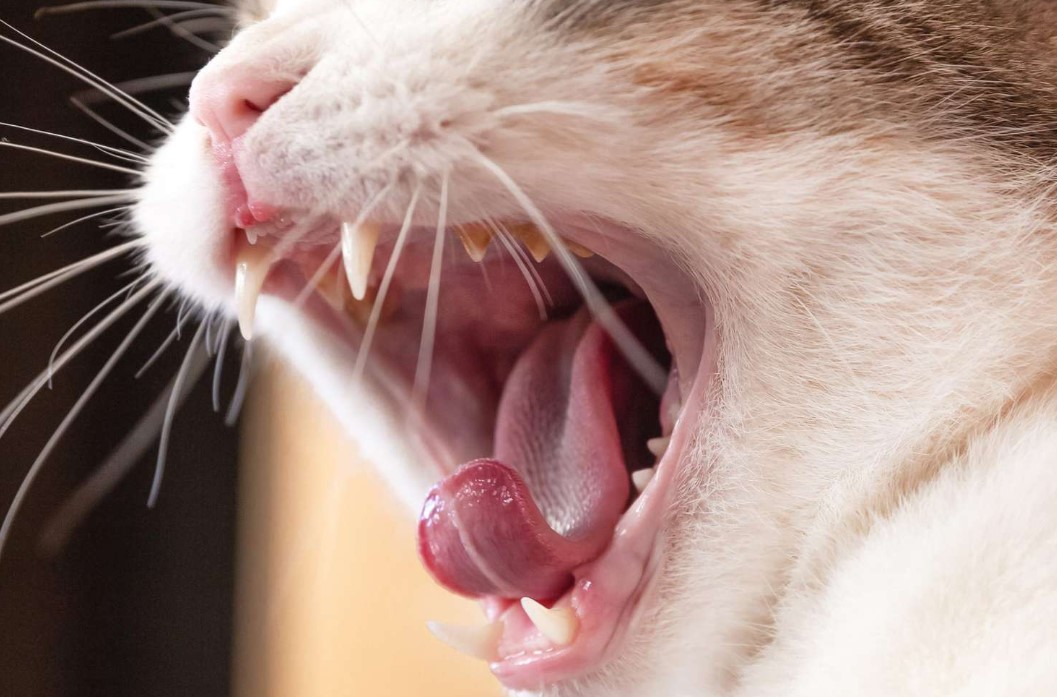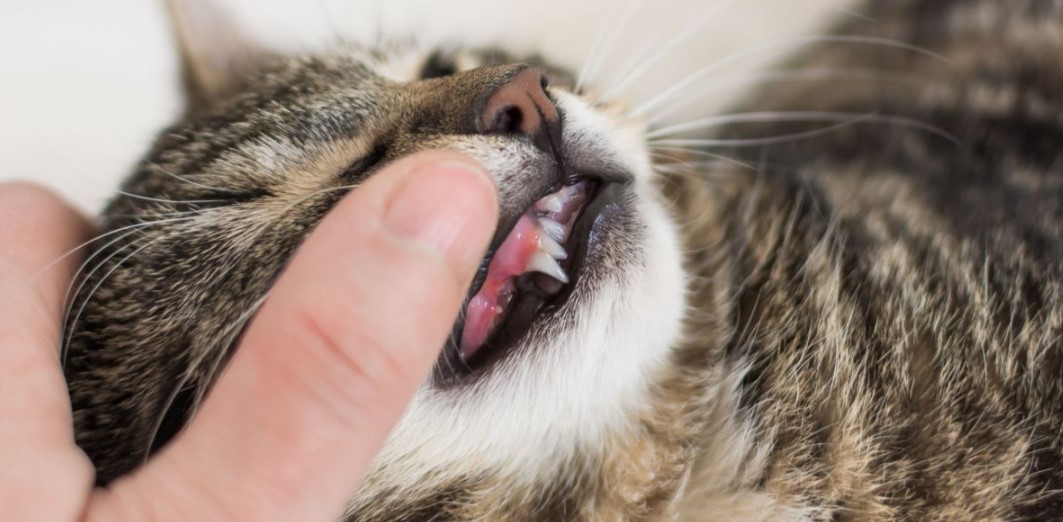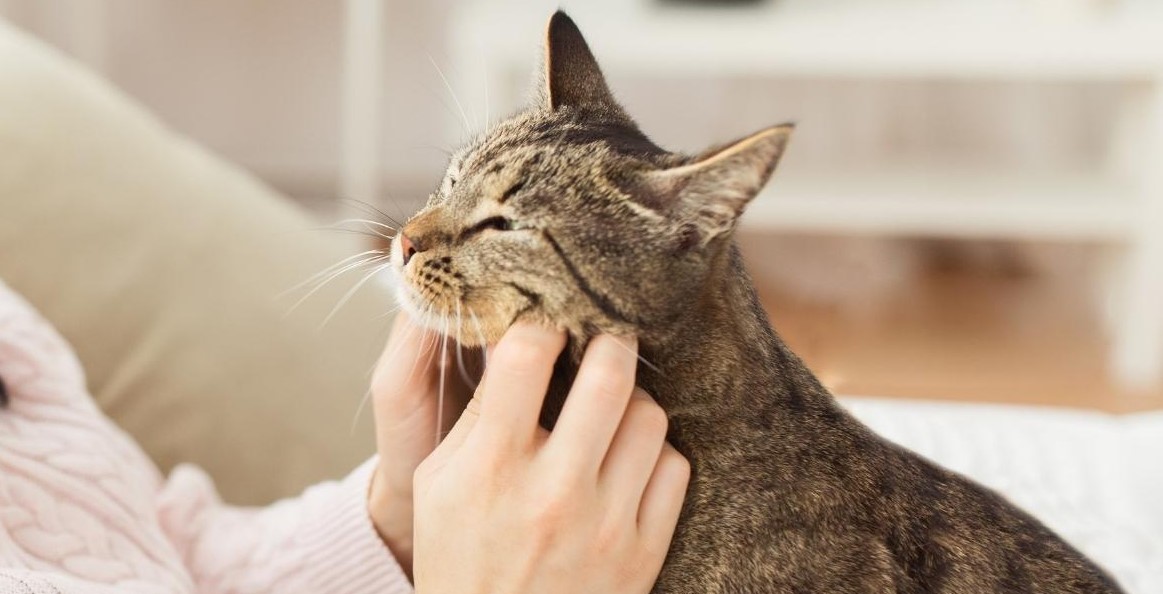Cats are beloved members of our family, providing us with companionship and endless joy. However, just like humans, cats can suffer from a variety of health problems, and one particularly troubling condition is stomatitis. If you’re wondering how to care for a cat with stomatitis, you’ve come to the right place. In this article, we’ll provide you with expert guidance on managing stomatitis in cats, including treatment options, home remedies, and essential care tips.

What is Stomatitis in Cats?
Stomatitis, also known as feline chronic gingivostomatitis (FCGS), is a painful and chronic inflammation of the cat’s mouth. It primarily affects the soft tissues in the oral cavity, such as the gums and the back of the throat. This condition can be extremely uncomfortable for your loved one, making it difficult for them to eat, groom themselves, or enjoy their daily life.

What Causes Stomatitis in Cats?
The exact cause of stomatitis in cats is not fully understood, but it is believed to be related to the cat’s immune system reacting excessively to the presence of dental plaque.
Other contributing factors may include:
- Viral infections, such as feline immunodeficiency virus (FIV) or feline leukemia virus (FeLV).
- Dental issues, including tooth decay and gum disease.
- Environmental factors like smoking in the household.
Recognizing the Symptoms
To provide the best care for your cat, it’s crucial to recognize the symptoms of stomatitis.

Look out for the following signs:
- Drooling: Excessive drooling is a common sign of oral discomfort in cats.
- Bad Breath: Foul breath can indicate dental problems, including stomatitis.
- Difficulty Eating: Cats with stomatitis may show reluctance to eat due to pain.
- Pawing at the Mouth: If your cat frequently paws at their mouth, it could be a sign of discomfort.
- Inflamed Gums: Red, swollen gums are a hallmark of stomatitis.
- Weight Loss: Reduced appetite and pain during eating can lead to weight loss in affected cats.
Diagnosing Stomatitis
If you suspect your cat has stomatitis, consult your veterinarian for a proper diagnosis. They will perform a thorough examination, possibly including dental X-rays, to assess the extent of the inflammation. Once confirmed, your vet will discuss treatment options with you.
Treatment Options for Stomatitis
Treating stomatitis often involves a multi-faceted approach to alleviate pain and reduce inflammation.

Here are some common treatment options:
- Dental Cleaning: Regular dental cleanings by a veterinarian can help remove plaque and tartar buildup, reducing oral inflammation.
- Medications: Your vet may prescribe medications such as antibiotics, steroids, or pain relievers to manage stomatitis symptoms.
- Tooth Extraction: In severe cases, tooth extraction may be necessary to eliminate the source of inflammation.
- Immunomodulatory Therapy: Immunosuppressive drugs can help regulate the immune response, reducing oral inflammation.
Home Remedies for Stomatitis
In addition to veterinary care, there are several home remedies and lifestyle changes that can improve your cat’s comfort:
- Soft Diet: Provide your cat with soft, moist food to ease chewing and swallowing.
- Dental Hygiene: Regularly brush your cat’s teeth to reduce the risk of plaque buildup.
- Supplements: Consult your vet about adding omega-3 fatty acids or other supplements to your cat’s diet for anti-inflammatory benefits.
- Smoke-Free Environment: If you smoke, consider doing so outside to prevent exposure to your cat.
Expert Tips for Stomatitis Care

To ensure the best possible care for your cat with stomatitis, here are some expert tips:
- Regular Vet Visits: Schedule routine check-ups to monitor your cat’s oral health.
- Patience and Love: Be patient with your cat as they recover, and provide plenty of affection.
- Follow Veterinary Advice: Always follow your vet’s recommendations for treatment and follow-up care.
- Monitor for Recurrence: Stomatitis can recur, so stay vigilant for any signs of its return.
Resources & References
For further information on cat stomatitis and related topics, consider exploring these reputable sources:
Recommended Articles
If you found this article helpful, you might also be interested in reading these related articles:
Recommended Video
Is there an oil to help a cat with stomatitis?
To enhance your understanding of cat stomatitis, consider watching the following YouTube video:
In this video, you’ll find valuable insights into natural remedies and treatments for cat stomatitis, providing additional support for your furry friend’s oral health.
Caring for a cat with stomatitis can be challenging, but with the right care, your feline companion can enjoy a happier and healthier life. Remember to consult your veterinarian for personalized guidance and treatment options tailored to your cat’s specific needs.
FAQs – Cat with Stomatitis
What is cat stomatitis?
severe form of gum disease that affects cats.
What are the symptoms of cat stomatitis?
Drooling, bad breath, difficulty eating, and weight loss.
What are the causes of cat stomatitis?
The exact cause is unknown, but it is thought to be caused by a combination of factors, including genetics, diet, and dental hygiene.
How is cat stomatitis diagnosed?
A veterinarian will perform a physical exam and dental exam, and may also order blood tests or X-rays.
How is cat stomatitis treated?
Treatment typically involves dental cleaning and extraction of any diseased teeth. In some cases, medication may also be prescribed.
What is the prognosis for cats with stomatitis?
With proper treatment, most cats with stomatitis can make a full recovery.







